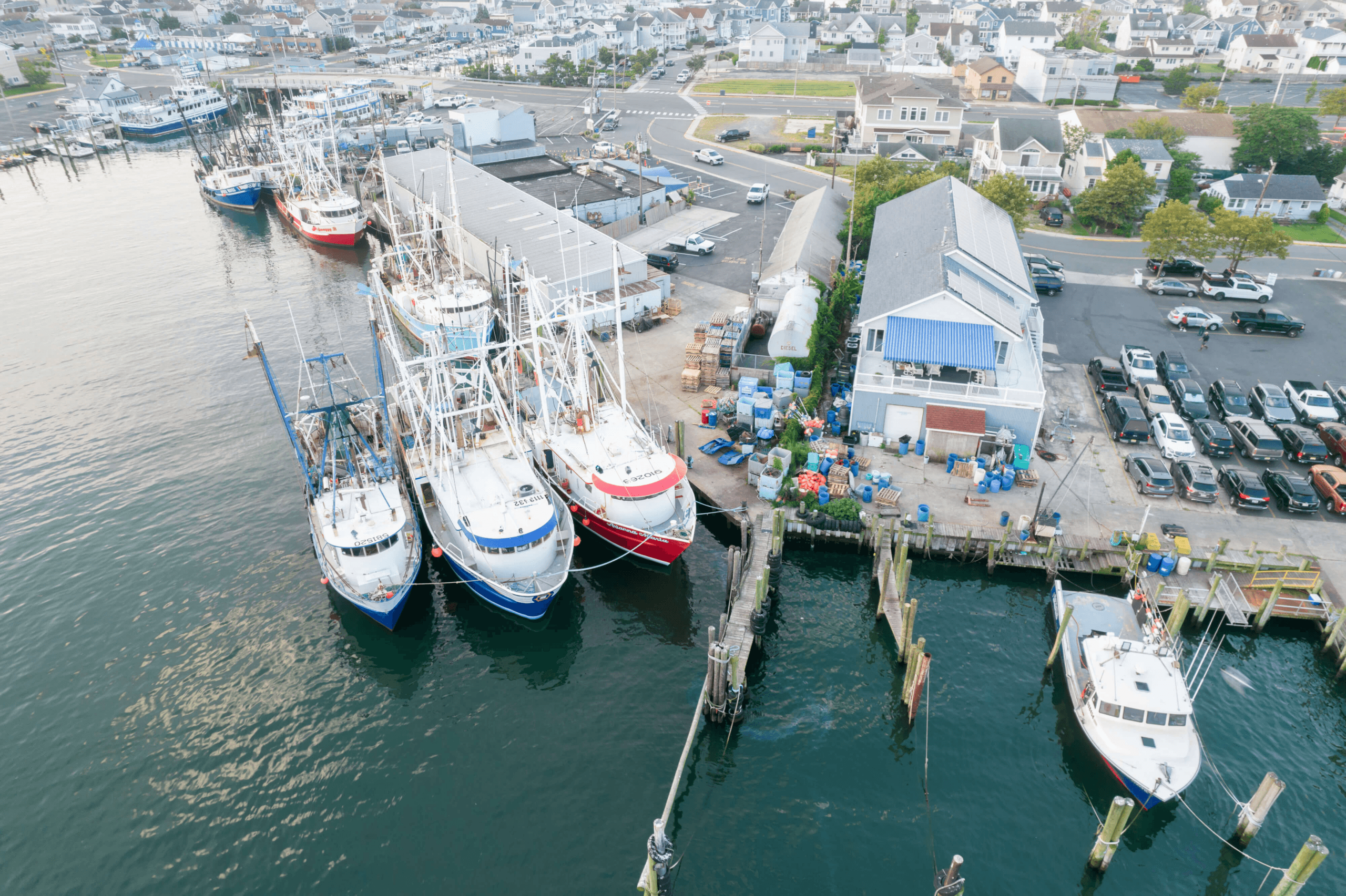Sea Grant OA Fellows Spotlight: Research Across the Mid-Atlantic Region

Overview
Integrating stage-specific acidification effects into an energy budget for Atlantic silversides
Teresa Schwemmer
Using Gene Silencing to Validate the Role of Perlucin Gene in Oyster Resilience to Ocean Acidification
Caroline Schwaner
Impacts of extreme events on carbonate system variability in the York River Estuary: a numerical model study
Fei Da
Influence of water quality history on future ocean acidification tolerance in larval eastern oysters in Chesapeake Bay
Anthony Himes
Development and applications of pH glider technology in the Mid-Atlantic Bight
Liza Wright-Fairbanks

Get Involved
If you are interested in learning more about MACAN and the work we do, please sign up for our monthly newsletter. You can also read our 2024 to 2028 Work Plan.

The Mid-Atlantic Coastal Acidification Network. All Rights Reserved.